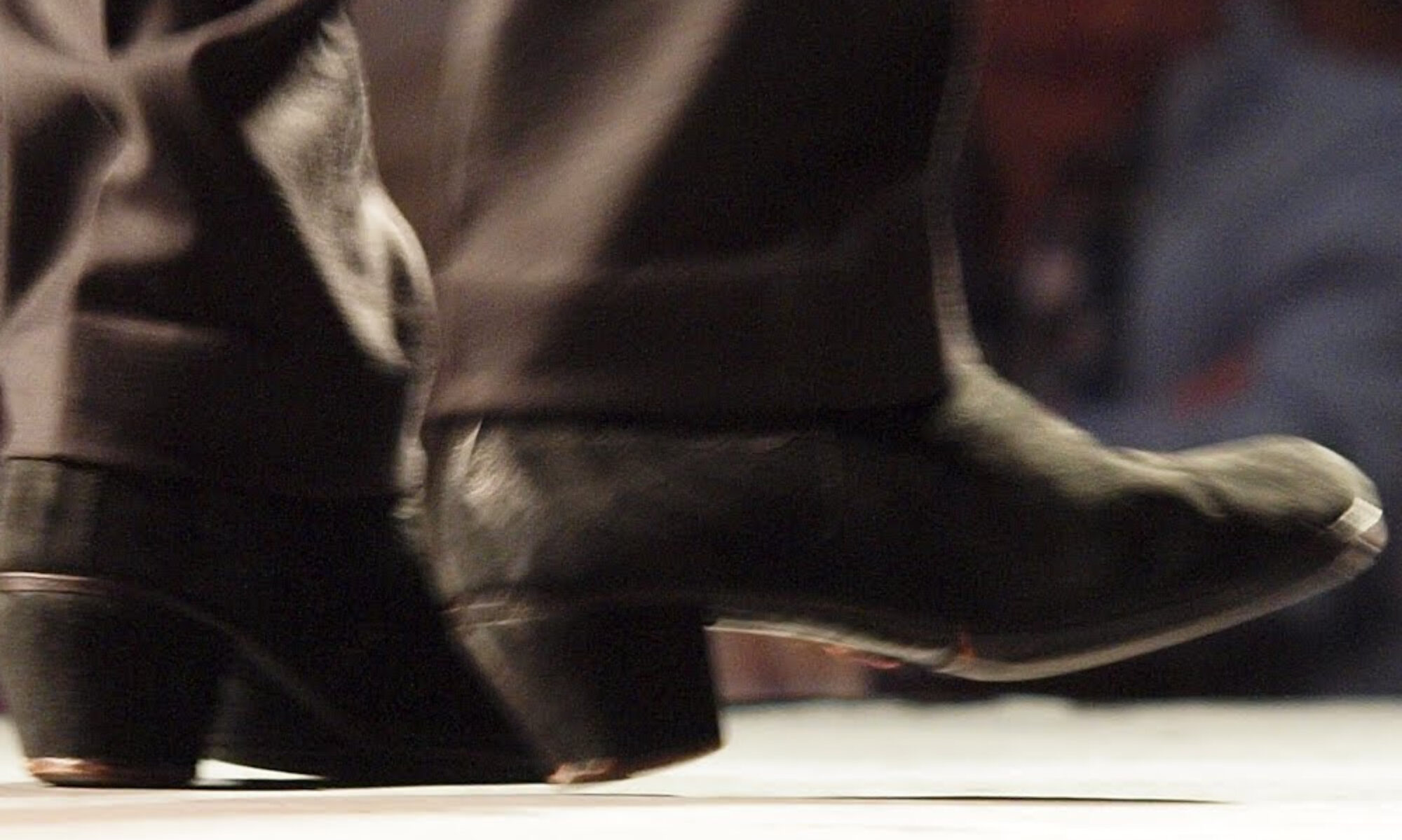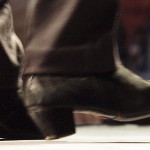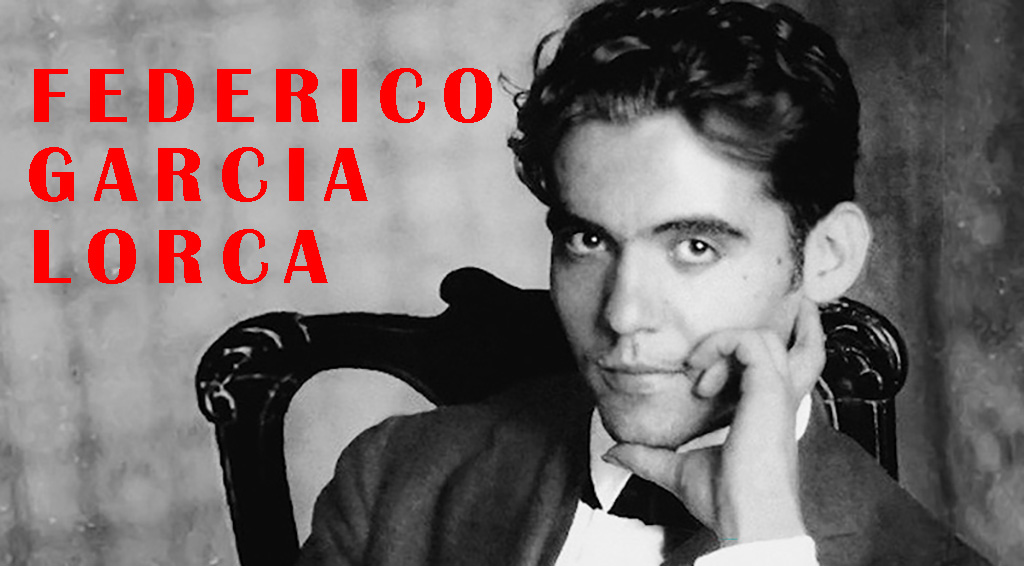
Duende: The Dark Soul of Flamenco by El Pantalon
Federico García Lorca, the renowned Spanish poet and playwright, often delved into the depths of the human soul, exploring themes of love, death, and the mysterious forces that shape our lives. One such force, deeply ingrained in the heart of Andalusian culture, is duende.
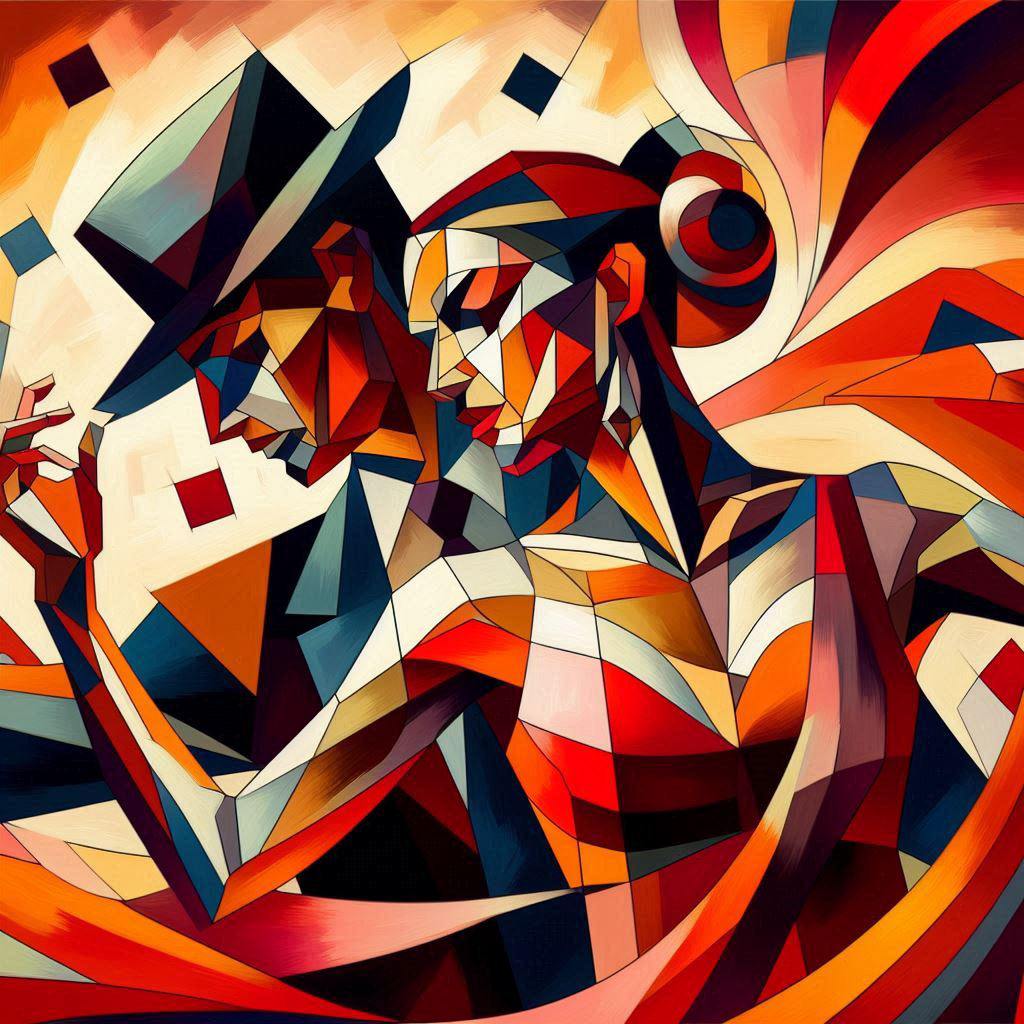
Duende, a term often translated as “spirit” or “demon,” is more than just an ethereal entity in Flamenco. It is a visceral force, a dark, passionate energy that possesses the artist, transforming them into a conduit for raw emotion. It is a force that cannot be summoned or controlled; it must be embraced, surrendered to.
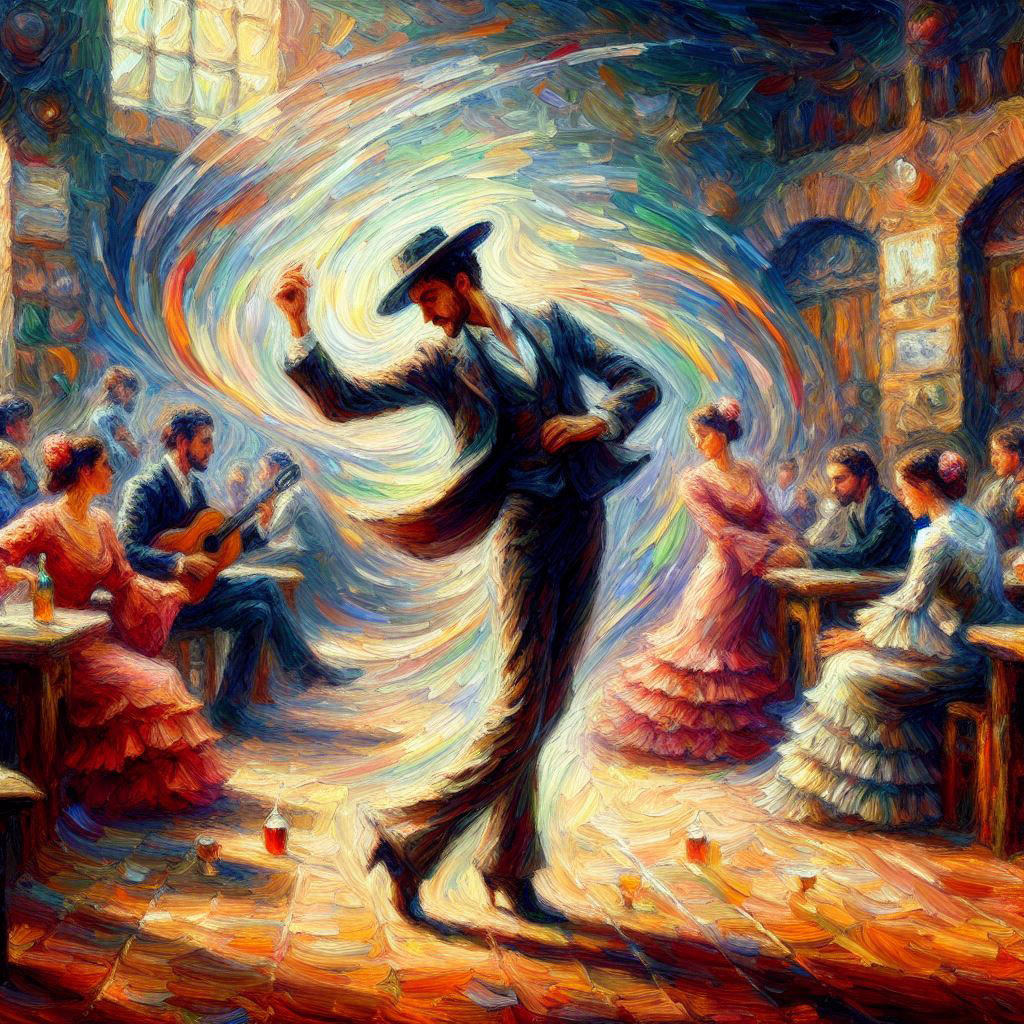
In the world of Flamenco, duende is the essence of authenticity. It is the raw, unfiltered expression of pain, joy, and longing that resonates deeply with the audience. When a flamenco dancer or singer is possessed by duende, their performance becomes a cathartic experience, a journey into the depths of the human soul.
Lorca himself was deeply fascinated by duende. In his essay “Duende,” he described it as a “dark horse” that “knocks at the door of the soul.” He argued that the true artist must be willing to confront their fears and insecurities in order to summon duende.
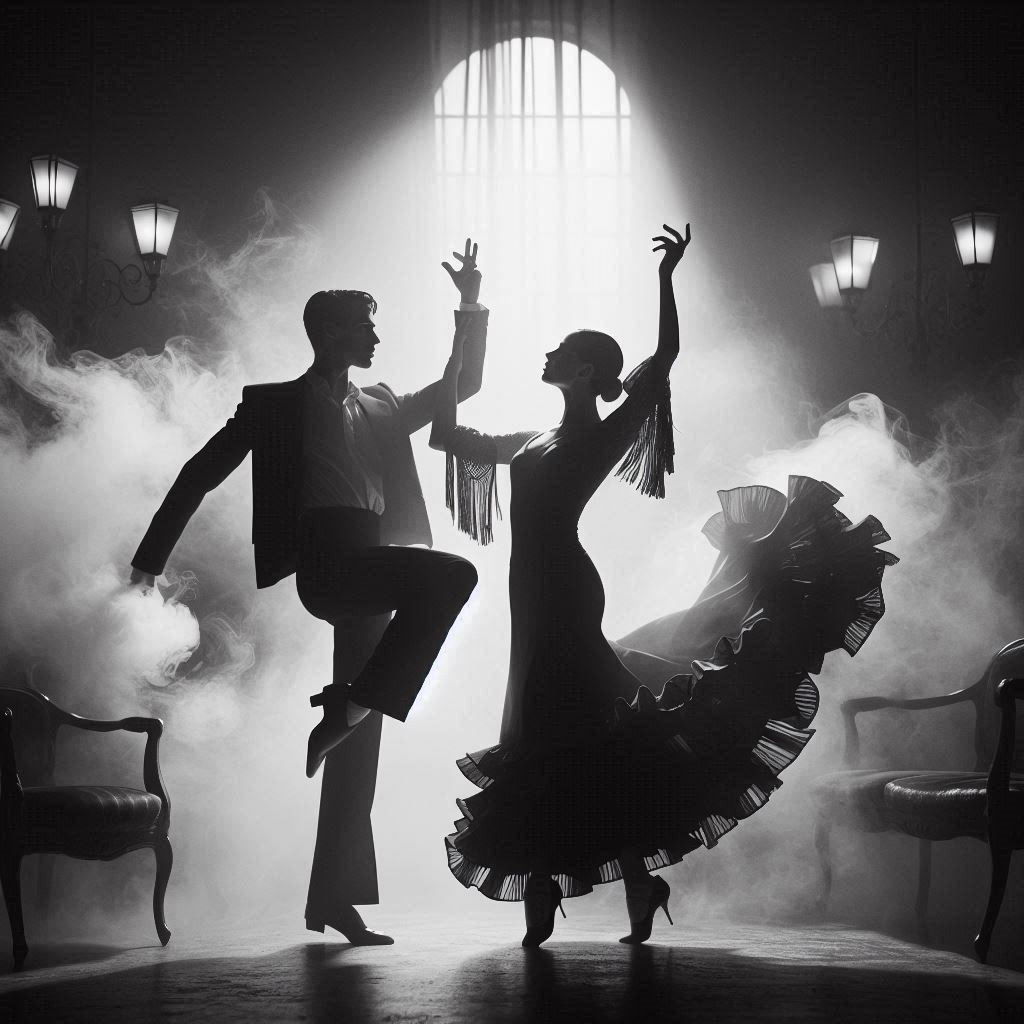
Duende is not merely a stylistic flourish or a technique. It is a state of being, a connection to something greater than oneself. It is the essence of Flamenco, the beating heart that gives it life.
